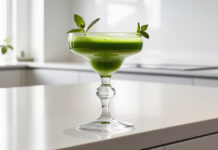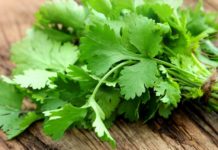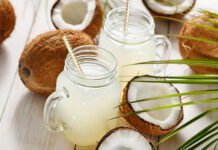
Weeds are more than just an annoying part of your garden—they could also be a great add-on to your medicine cabinet. Weeds have powerful medicinal properties, making them perfect for adding to fresh salads or your supplement routine.
- Dandelion
These yellow-topped weeds aren’t just a yearly pest—they actually have a surprising number of health benefits. Specifically, dandelion is used to treat muscle aches, appetite loss, upset stomach, intestinal gas, gallstones, joint pain, eczema, and bruises. It also has diuretic and laxative properties.
To reap the benefits of dandelion, add its leaves to a salad, or cook them and add them to your favourite dish. Dandelion flowers, roots, and stems can also be made into an ultra-healthy tea for easy consumption.
Dandelions are chock-full of vitamins and minerals, including potassium, vitamin K, vitamin A, vitamin C, vitamin B6, calcium, iron, and magnesium.
- John’s Wort
Also known as rosin rose or goatweed, St. John’s Wort has powerful applications in the treatment of mood disorders, including depression, anxiety, and PMS. It has also been shown to regulate hormonal activity, ease addictive tendencies, reduce inflammation, soothe the nervous system, and protect against both viral infections and cancer.
St. John’s Wort can be taken in pill, tincture, tea, tablet, capsule, or lotion forms. Side effects include trouble sleeping, vivid dreams, restlessness, anxiety, irritability, stomach upset, fatigue, dry mouth, dizziness, headaches, skin rash, diarrhea and tingling. It may also cause sensitivity to the sun when taken in large doses.
It is also important to note that St. John’s Wort may interact with birth control pills, allergy medications, sedatives, medications for migraines, and drugs for heart disease.
- Mullein
This fast-spreading weed works with a variety of health problems, including respiratory conditions, cardiovascular issues, and unhealthy hair. It also has antiseptic and antiviral properties, making it great for disinfecting wounds and scrapes, as well as easing the symptoms of viral infections. Mullein is also used for inflammation and pain.
Mullein can be taken in supplement form, or consumed as a tea. Mullein has been shown to interact with antidiabetic drugs, as well as muscle relaxants and lithium. It has also been found to have a diuretic effect.













